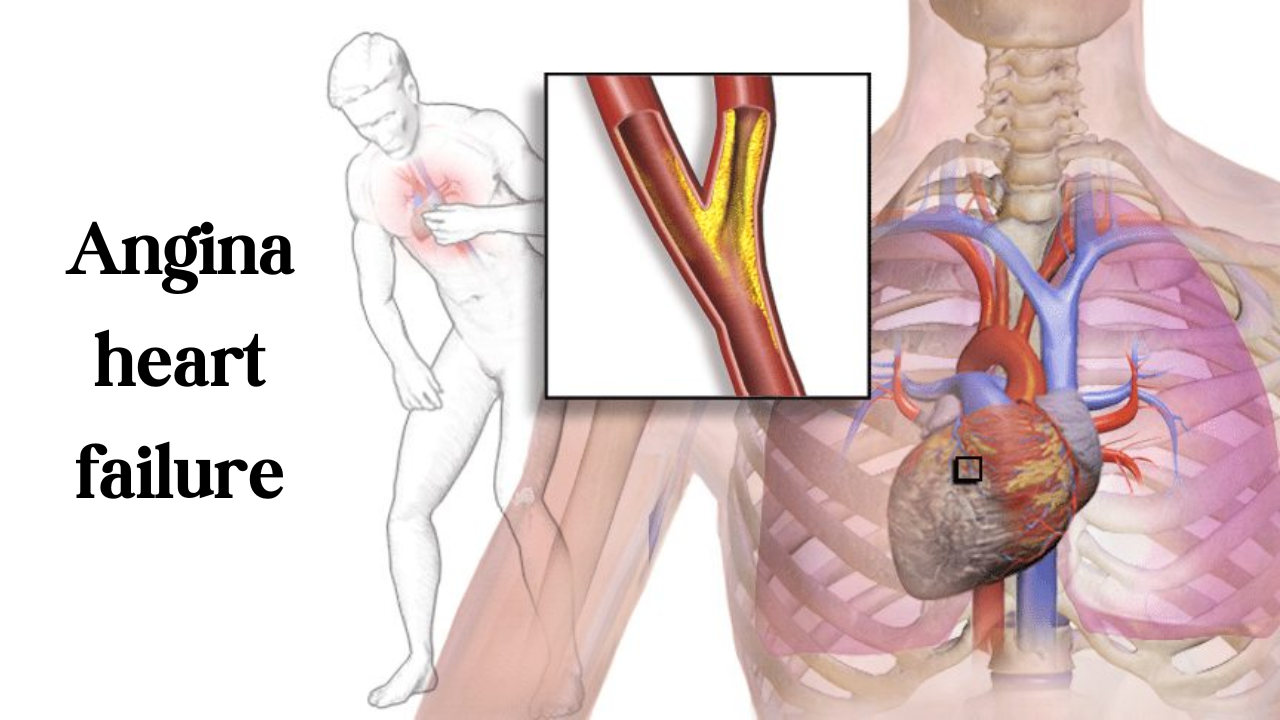Last updated on June 20th, 2024 at 01:45 pm
Chest pain is a distressing symptom that can result from various causes, including stress, Medical News Today. But what does chest pain from stress feel like? In this comprehensive piece, I explore the multifaceted facets of chest pain induced by stress, delving into what it feels like, its potential causes, symptoms, and effective strategies for management.
Understanding Stress-Induced Chest Pain
Chest pain related to stress, often referred to as stress-induced chest pain, is a physical manifestation of psychological distress. It can range from mild discomfort to intense pain. Stress can trigger the body’s “fight or flight” response, causing physiological changes that may lead to chest pain.
What Does Stress-Induced Chest Pain Feel Like?
Stress-induced chest pain can present itself in various ways:
- Pressure or Tightness: Many people describe it as a sensation of pressure or tightness in the chest, often likened to a heavy weight resting on the chest.
- Burning or Aching: Some may experience a burning or aching discomfort.
- Sharp, Stabbing Pain: In some cases, stress-induced chest pain can manifest as sudden, sharp, stabbing pain.
- Radiation: The pain may radiate to the neck, jaw, or arms, mimicking symptoms of a heart attack.
Potential Causes of Stress-Induced Chest Pain
- Emotional Stress: Stress, anxiety, or emotional turmoil can trigger chest pain. The body’s response to stress involves the release of stress hormones, which can affect the heart and blood vessels.
- Muscle Tension: Stress can lead to muscle tension, including in the chest, which may result in pain and discomfort.
- Hyperventilation: In times of stress, rapid or shallow breathing can lead to changes in blood gases, which may cause chest pain.
- GERD (Gastroesophageal Reflux Disease): Stress can exacerbate symptoms of acid reflux, leading to a burning sensation in the chest.
- Stress-Induced Heart Conditions: Chronic stress can contribute to conditions like high blood pressure, which may increase the risk of chest pain and other cardiac issues.
Symptoms Associated with Stress-Induced Chest Pain
Stress-induced chest pain may be accompanied by other symptoms:
- Shortness of breath or hyperventilation.
- Sweating.
- Nausea or stomach discomfort.
- Dizziness or lightheadedness.
- Increased heart rate or palpitations.
When Should You Seek Medical Attention?
While stress-induced chest pain is typically benign, it’s essential to differentiate it from potentially life-threatening conditions like a heart attack. Seek immediate medical attention if:
- The chest pain is severe, prolonged, or recurrent.
- Pain is accompanied by symptoms like radiating pain to the jaw or arm, shortness of breath, nausea, or cold sweats.
- You have a history of heart disease or risk factors.
Preventive Measures and Management
Managing stress-induced chest pain often requires a multifaceted approach:
- Stress Management: Learning stress-reduction techniques, such as deep breathing, meditation, or yoga, can be highly effective.
- Lifestyle Changes: Adopting a healthy lifestyle through regular exercise, a balanced diet, and adequate sleep can reduce stress.
- Counseling: Seeking support from a therapist or counselor to address the root causes of stress is valuable.
- Medications: In some cases, healthcare providers may prescribe medications to manage anxiety or other contributing factors.
Importantly!
Stress-induced chest pain can be unsettling, but understanding its causes, recognizing its symptoms, and adopting effective stress management techniques can help individuals cope with this discomfort. It’s essential to consult a healthcare provider if chest pain persists or is accompanied by concerning symptoms to rule out underlying health issues. By addressing stress and its impact on the body, individuals can lead healthier and more comfortable lives.




Would love to always get updated great web site! .